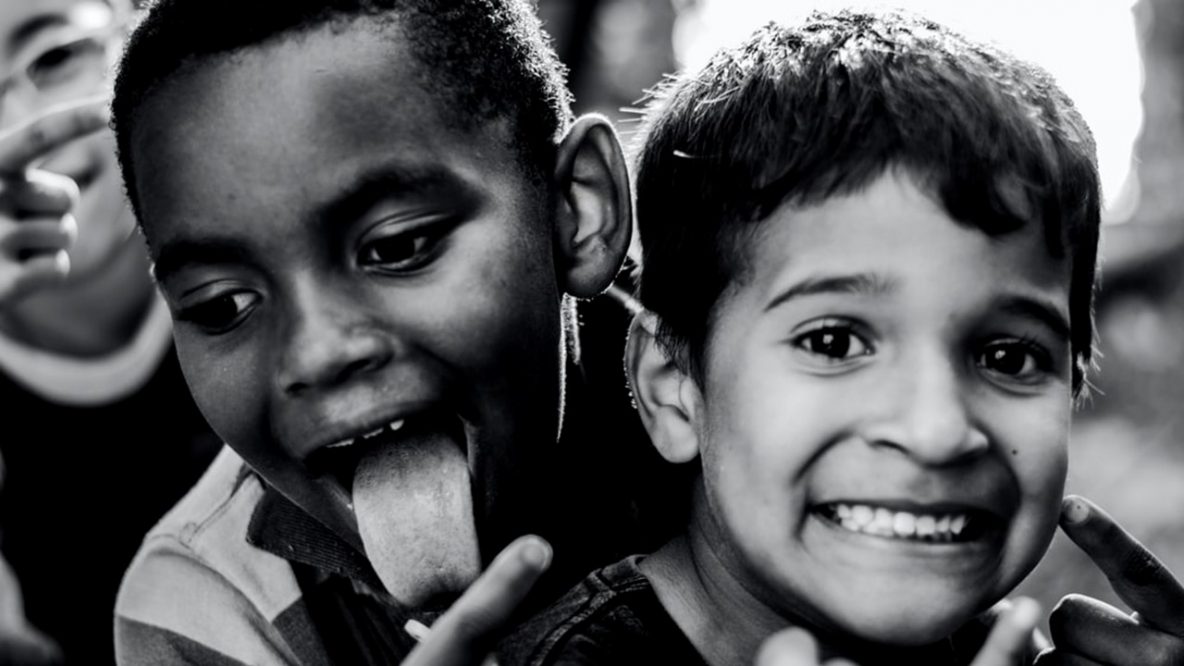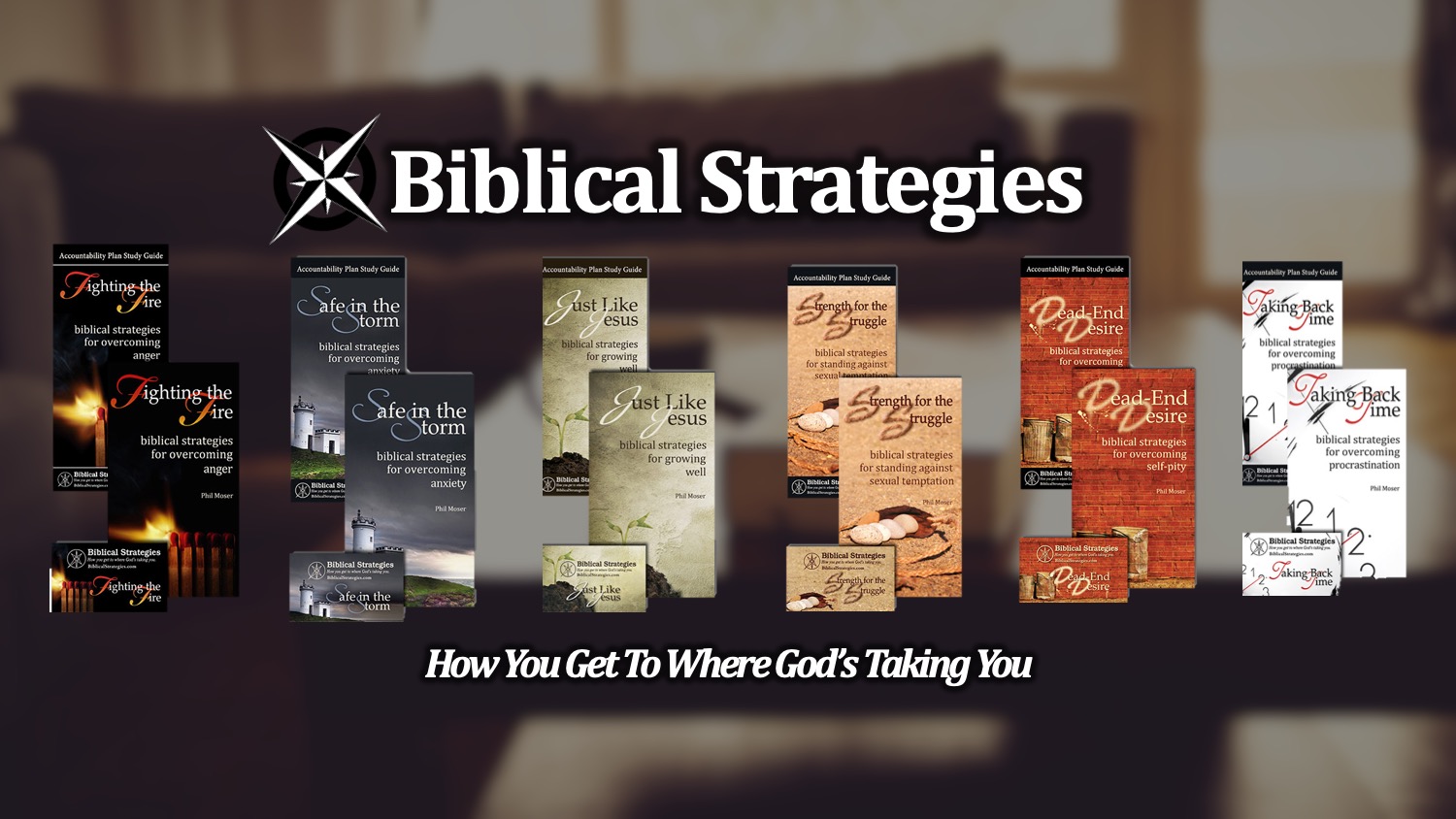How a friendship taught me to think differently about racism in America

The 74-day delay in the arrest of Ahmaud Arbery’s killers, followed by the senseless death of George Floyd at the hands of a police officer are heartbreaking and deeply disturbing events. These are not isolated incidents in our country, and this is not someone else’s problem. It is ours.
The Bible charges each of us: “Learn to do good; seek justice, correct oppression” (Isaiah 1:17). Much is made of the last two phrases in Isaiah’s prophecy, and rightly so. In a world gone wrong we ought to seek justice and correct opposition. But just as important is the first phrase: learn to do good. Trust is needed here, and it won’t grow in a vacuum. Relational trust grows best if one has listened well. And, at least for me, listening and understanding grew out of another value: friendship.
A few years ago, I struck up a friendship with a man I now count as one of my closest friends. We have much in common: we love Jesus, we love our wife and kids, we love each other. And, being pastors, we both love what we do.
While we have much in common, we also have a few differences. He lives in Texas; I live in New Jersey. He rocks a suit; I prefer blue jeans. He’s smarter—significantly; I’m taller—just barely. He listens to Luther Van Dross; I prefer James Taylor.
And there’s one other difference—he’s black and I’m white. My friendship with this man is a unique mixture of gratitude and sadness.
I am GRATEFUL for his WISDOM.
I’ve never called him with a problem, where his insightful questions have not helped me think more clearly.
I am SADDENED that his WISDOM often isn’t heard.
There have been times when he has not been invited to speak, because of the color of his skin. While this may be changing, it has taken far too long. He, and others like him, have much to offer.
I am GRATEFUL for his HUMILITY.
While both he and his wife have earned Ph.D.’s, they are unpretentious in their knowledge—always making the listener feel like the most important part of the discussion.
I am SADDENED for the times he has been HUMILIATED.
While preparing for ministry at a reputable seminary, he was denied housing in the area simply because he was a black man. There was no evaluation of his character, Christian testimony, or his desire to enter the ministry. Instead, he received a straightforward denial with a flippant reference to the color of his skin.
I am GRATEFUL for his HUMOR.
I think I laugh harder with him than with any other friend. Our laughter almost always ends with his deep and insightful, “Hmmm….” And I prepare myself for more of that wisdom I long for.
I am SADDENED for the times that the black community bears the brunt of malicious HUMOR.
The apostle Paul warned us that certain kinds of humor are off limits (Eph. 5:4). My relationship with my friend has increased my awareness in this area. It’s not possible to grieve and laugh at the same time.
I am GRATEFUL for his FRIENDSHIP.
I am confident that if I were ever in need he would come. I know that I would do the same for him. I am indebted to this friendship and humbled by it. I have received more than I have given.
I am SADDENED that others don’t recognize the value of a black man’s FRIENDSHIP.
There is much to learn and much to emulate when friendships cross races. Where friendships exist we listen better, and when sincere, meaningful listening takes place trust becomes possible.
A year ago, my friend and I were together in my local Post office. As I stepped to the counter, one of the clerks asked if they could help him (wrongly assuming that we weren’t together). My friend replied that he was with me, and that we were brothers—then stepping forward and putting his arm around me, he asked if they could see the resemblance. I assured them he was a good friend from out of town and was staying at our home for a few days. It was a good-natured exchange; we laughed as we typically do when we’re together. But I underestimated the impact of our friendship on those around us.
Two weeks later, I was in the same Post Office. One of the clerks, a black woman from Uganda, began to process my package and then casually said, “My son has a friend like you. It really helped him adjust to this country.” I told her my friend was special and that I was the fortunate one to have a friend like him. As I left, I pondered her statement with GRATITUDE and SADNESS. I was grateful that I was the recipient of a black man’s friendship, and I was saddened for others who had not sought out the privilege.
Phil Moser is a pastor and author of the Biblical Strategies series and 4M Training for Men. His books are available on Amazon and at biblicalstrategies.com


5 Comments on “How a friendship taught me to think differently about racism in America”
Thank you Phil for your honest and uplifting post. Having been raised in the South I did not have any positive cross-cultural relationships.
My first year of teaching, and the first year that Ron and I were married we had moved to California and I began to teach in a school where at least 33% if the faculty and student-body was black. I was team-teaching with a beautiful black lady from Ohio. She gave me much freedom to understand herself and her family; she was open and welcoming to both Ron and me. It was extremely refreshing to this naive southerner to reassess my mindset. We became close friends, even discussing our faith and encouraging one another. I was the better person for our friendship.
Love this!
Great to hear from you Kory. Always grateful for your friendship too!
Pastor Phil-so appropriate, very comforting. Jim and I very sad about what is taking place, when we watched video we both actually felt ashamed of being white. My heart breaks watching NY, growing up there I had friends of every ethnicity and backround. Praying very hard for everyone. As always encouraged and lifted up by your writing. TY
This is beautiful- thank you for using your voice to speak for those who may not be heard.